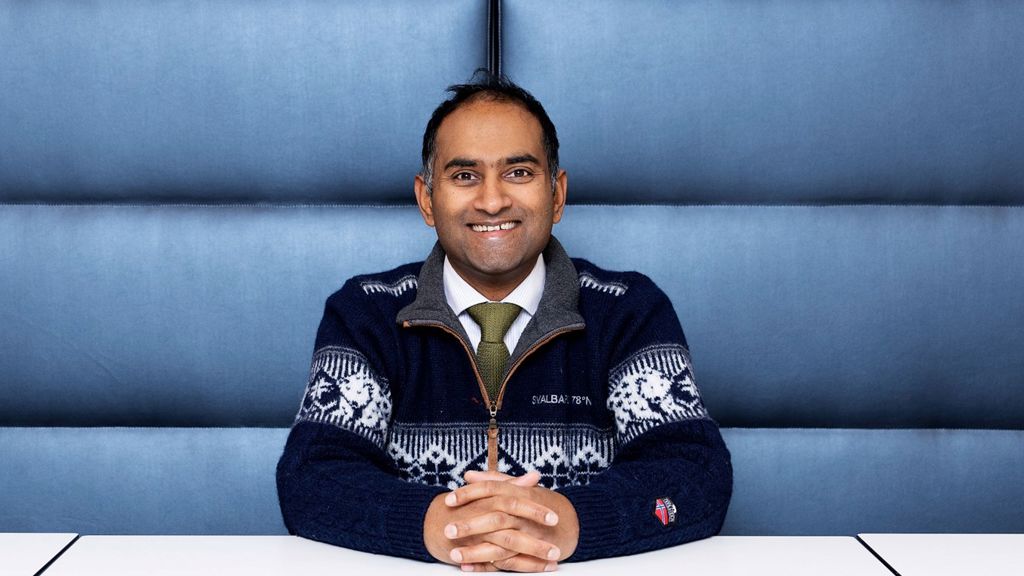David took unpaid leave: "It's an overlooked opportunity"
David Rajesh Granum-Eriksen has exercised a special right in the collective agreement to take leave without pay, and he would not hesitate to recommend others to do the same.

"I would definitely recommend others to do the same," says David Rajesh Granum-Eriksen, who is Managing Compliance Officer at Danske Bank.
Last autumn, he took advantage of the option to take unpaid leave provided for in the collective agreement. He spent the time away from work on a management training course offered by the Danish Emergency Management Agency.
"People tend to forget that the possibility of taking leave without pay exists. But it can be a good idea if you have the finances and the desire to do so," he says.
An opportunity not to be wasted
Many collective agreements in the financial sector offer a highly unique right to take unpaid leave. At Danske Bank, where David Rajesh Granum-Eriksen works, employees who have worked there for five years are entitled to leave without pay and pension for up to six months.
Through his work as a volunteer firefighter with the Emergency Management Agency, the 41-year old managing compliance officer had been singled out and asked if he would be interested in taking a special management training course at the Emergency Management Agency.
And this was an opportunity he did not want to waste.
"The advantage of this course is that you learn what it means to be under constant pressure. You don't have time to think very far ahead. You have to make decisions all the time, and each and every decision has a consequence right here and now. If you are able to navigate in such scenarios, many things in real life become easier to handle," explains David Rajesh Granum-Eriksen.
Businesses that are members of the Danish Employers' Association for the Financial Sector offer their employees the right to leave without pay. However, the specific rights may vary from collective agreement to collective agreement.
Find your collective agreement here.
Was off work for five weeks
The course provided him with tools that he is also using in his job at the bank.
"Actually, it’s much like project work, only with very short deadlines. We use that quite a lot on a daily basis. The course is composed of management modules that are applicable in general. It's about how to be a manager in the right way so that resources are used properly and your processes are optimised constantly," says David Rajesh Granum-Eriksen.
In his case, he was off work for a total of five weeks. But as the course was divided into parts, he was only away for one or two weeks at a time, with weeks in between when he was back at his desk in the bank.
"Of course, this makes it more acceptable to the employer. Had it been five months, it might have been more difficult, but that doesn’t mean that it wasn’t possible," says David Rajesh Granum-Eriksen.
He underlines that he had to give it considerable thought being away from his job and his team for five weeks

Treat yourself to something extraordinary
When David Rajesh Granum-Eriksen discovered the course at the Emergency Management Agency, he started putting money aside so that he could get through the weeks without pay.
And if you can afford it or are able to save up, he believes unpaid leave is an obvious opportunity to give yourself an extraordinary treat, whether it is another education or travelling the world.
"You are given the opportunity to spend time on yourself in a highly changeable world," says David Rajesh Granum-Eriksen and continues:
"The option has been negotiated specifically for us, so it would be a shame not to make use of it."





